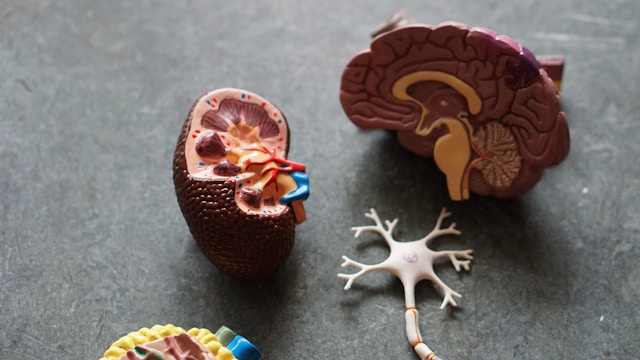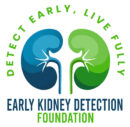
What is CKD and its Stages?
Chronic Kidney Disease (CKD) is a gradual loss of kidney function over time. The stages are:
Stage 1: Kidney damage with normal or increased GFR (≥90 mL/min).
Stage 2: Mild reduction in GFR (60-89 mL/min).
Stage 3: Moderate reduction in GFR (30-59 mL/min).
Stage 4: Severe reduction in GFR (15-29 mL/min).
Stage 5: Kidney failure (GFR <15 mL/min), often requiring dialysis or transplant.
Common Symptoms and Risk Factors
Symptoms can include fatigue, swelling, changes in urination, and persistent itching. Risk factors are diabetes, high blood pressure, family history, age, obesity, smoking, and chronic NSAID use.
Importance of Early Detection and Regular Checkups
Early detection is crucial to managing CKD. Regular checkups can identify CKD in its initial stages through blood tests, urine tests, and blood pressure monitoring. Early intervention can slow disease progression and prevent severe complications.
Understanding CKD and recognizing its risk factors can help maintain kidney health. For more information and to participate in our awareness programs, visit EKDF or contact us at info@ekdf.org.
